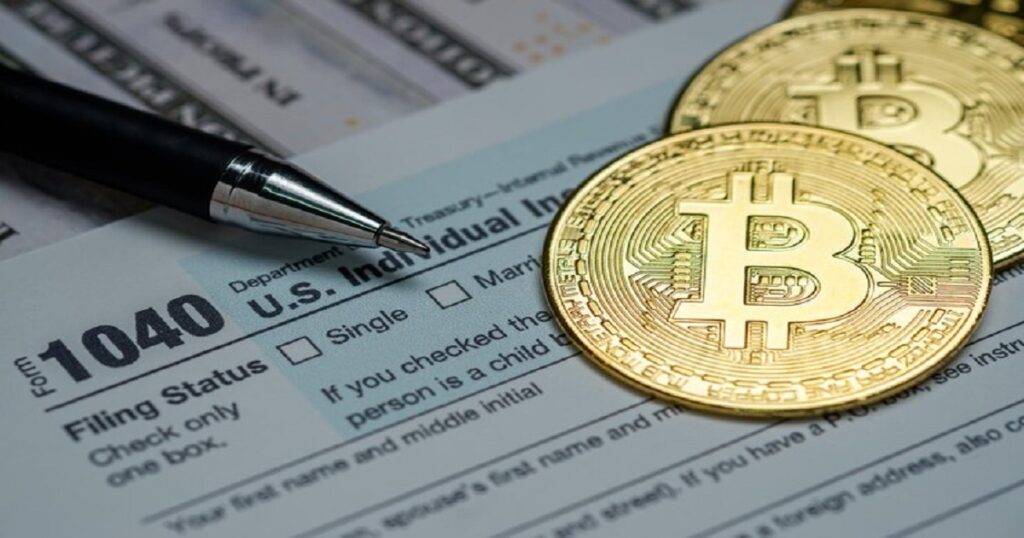Introduction: Understanding Bitcoin and Bitcoin Mining
Bitcoin operates as a decentralized cryptocurrency within a distributed ledger system known as a blockchain. This system records all Bitcoin transactions, creating a transparent, public ledger. Transactions are validated by network participants—nodes or peers—ensuring security and authenticity.
Bitcoin mining is the process of verifying these transactions through computational work, solving cryptographic puzzles, and adding new "blocks" to the blockchain. Miners compete to solve these puzzles, and the first to succeed is rewarded with newly minted Bitcoin and transaction fees. These rewards are critical to maintaining the integrity of the Bitcoin network.
The Mining Process
Bitcoin mining involves several steps:
- Connecting to the Network: The miner joins the Bitcoin network.
- Listening for New Blocks: Miners detect unverified blocks.
- Validating Blocks: Using computational power to find a "nonce" value that meets specified criteria.
- Receiving Rewards: When a miner successfully validates a block, they receive Bitcoin as a reward and transaction fees from users.
Mining ensures the security and functionality of the Bitcoin system, playing a crucial role in its operation.
Taxation of Bitcoin Mining: An Overview
Bitcoin mining raises several tax implications for Canadian taxpayers. The Canada Revenue Agency (CRA) has not yet established specific legislation for cryptocurrency mining, leaving tax consequences subject to existing income tax principles and the context in which the mining occurs. Three primary scenarios can apply:
1. Hobbyist Mining
For individuals mining Bitcoin purely as a hobby, without commercial intent, the mining rewards are not considered taxable income upon receipt.
Instead, tax obligations arise only when the mined Bitcoin is sold or exchanged. At that point, the proceeds from the sale are subject to tax, either as a capital gain or business income, depending on the circumstances.
- Tax Cost: The tax cost of the mined Bitcoin is considered nil since it wasn’t taxed at acquisition.
- Calculation of Gain: Any gain is determined by subtracting the tax cost (nil) from the sale proceeds.
2. Mining as Part of a Business
When mining is conducted as part of a cryptocurrency trading business, the rewards are treated as inventory. In this scenario:
- Mining itself is incidental to the taxpayer’s main business activity—trading cryptocurrency.
- Income is recognized when the mined Bitcoin is sold, and gains are always treated as business income (not capital gains).
- Expenses related to mining can be deducted from business income.
3. Mining as a Service
If mining is conducted with commercial intent but not as part of a trading business, it may be treated as a service:
- The mining rewards, including newly minted Bitcoin and transaction fees, are recognized as income upon receipt.
- The reported value of the rewards becomes the tax cost for future dispositions of the Bitcoin.
This model aligns with the CRA’s position, viewing mining as a barter transaction where services are exchanged for cryptocurrency.
CRA’s Position on Bitcoin Mining
The CRA currently asserts that Bitcoin mining rewards are taxable as income when earned, considering mining to be a barter transaction. However, this stance is not legally binding and may not account for the taxpayer’s intent or circumstances.
Taxpayers may challenge CRA assessments if the mining activities align more closely with hobbyist or inventory models, requiring careful legal and accounting analysis.
Pro Tax Tip: Tailored Tax Analysis is Essential
Accurate tax treatment of Bitcoin mining depends on the specific circumstances of the mining activities. Taxpayers should evaluate whether their mining aligns with hobbyist, business, or service models and ensure proper reporting. Consulting an experienced accountant with cryptocurrency expertise can help minimize risks of misreporting and CRA disputes.
FAQs
- When are Bitcoin mining rewards taxable?
Rewards may be taxable upon receipt (service model) or when disposed of (hobbyist/business models), depending on the nature of the mining activities. - What expenses can be deducted for mining activities?
Business-related expenses, such as electricity, hardware, and software, can be deducted if the mining is part of a business. Hobbyist miners cannot claim such deductions. - What if I’m incorrectly assessed by the CRA?
If you believe the CRA has misclassified your mining activities, consult a knowledgeable accountant or tax professional to explore dispute resolution options.
This article is written for educational purposes.
Should you have any inquiries, please do not hesitate to contact us at (905) 836-8755, via email at info@taxpartners.ca, or by visiting our website at www.taxpartners.ca.
Tax Partners has been operational since 1981 and is recognized as one of the leading tax and accounting firms in North America. Contact us today for a FREE initial consultation appointment.
#NewmarketAccountant #KeswickAccountant #AuroraAccountant #AuroraTax #NewmarketTax #CRAAudit #CRATax #CPA #MahadMohamed #CPAAudit #CPATax #CharteredAccountant #Moody #KPMGTax #TaxHelp #CanadaTax #CRA #USTax #TaxpayerRelief #TaxForgiveness #Mahad #GoodAccountant #BestAccountant #TaxAccountant #RichmondHillAccountant #BarrieAccountant #BarrieTax #MarkhamTax #MarkhamAccountant


